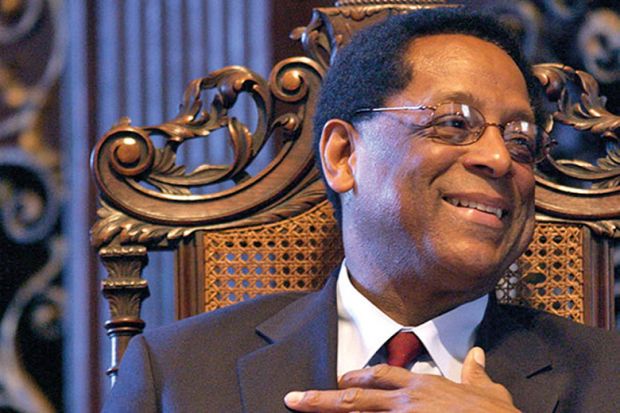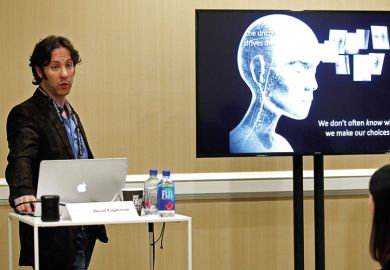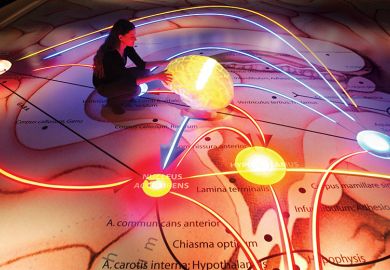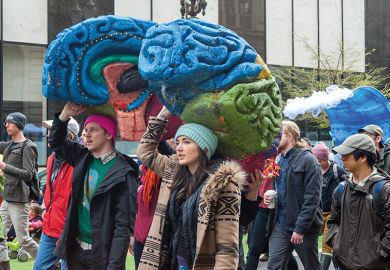A neuroscientist and explorer who became “a great champion of inclusion and belonging” has died.
S. Allen Counter was born in Georgia in July 1944 and grew up in a segregated section of Boynton Beach, Florida. Always a firm believer in civil rights, he took part in his first demonstration while still a boy, as the youngest person in a protest “swim-in” at a whites-only beach. He took a first degree in biology and sensory physiology at what is now Tennessee State University and went on to earn a PhD in electrophysiology at Case Western Reserve University. He would later obtain a medical degree from the Karolinska Institute in Sweden.
Joining Harvard University as a postdoctoral fellow in 1970, Dr Counter also worked as an assistant neurophysiologist in the Massachusetts General Hospital. His research focused on nerve and muscle physiology, auditory physiology and the diagnosis of brain injury.
He was also an intrepid traveller and member of the Explorers Club who tracked down people of African descent in the rainforest of Suriname and in the Andes. When visiting northern Greenland for a research project looking at why hearing loss was so common there, he even managed to find descendants of the pioneering black polar explorer Matthew Henson. He described his experiences in I Sought My Brother: An Afro-American Reunion (with David Evans, 1981) and North Pole Promise: Black, White and Asian Friends (2017).
In 1981, Dr Counter established the Harvard Foundation for Intercultural and Race Relations, where he served as its first and only director. This is devoted to intercultural understanding and racial harmony, based on the principle that “every building belongs to our black, our Latino, our white and our Asian students” (and that it is was therefore unnecessary to set up separate race centres on campus). He also drew inspiration, he once wrote, from the lessons of his own “journey from a racially segregated southern village, where race rules governed daily life, and white, state-sanctioned deprivations and circumscription prevailed, to level interaction and engagement with the white elite of the United States and Europe”.
“Harvard has lost a great champion of inclusion and belonging in Allen Counter,” said its president, Drew Faust. “Through his leadership of the Harvard Foundation, he advanced understanding among members of our community and challenged all of us to imagine and strive for a more welcoming university and a more peaceful world.”
Dr Counter died of cancer on 12 July and is survived by his three daughters.
Register to continue
Why register?
- Registration is free and only takes a moment
- Once registered, you can read 3 articles a month
- Sign up for our newsletter
Subscribe
Or subscribe for unlimited access to:
- Unlimited access to news, views, insights & reviews
- Digital editions
- Digital access to THE’s university and college rankings analysis
Already registered or a current subscriber?




